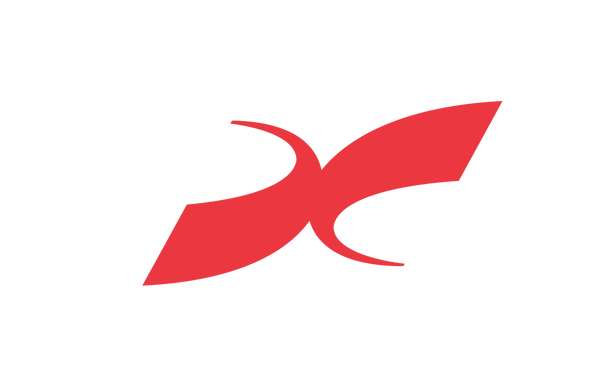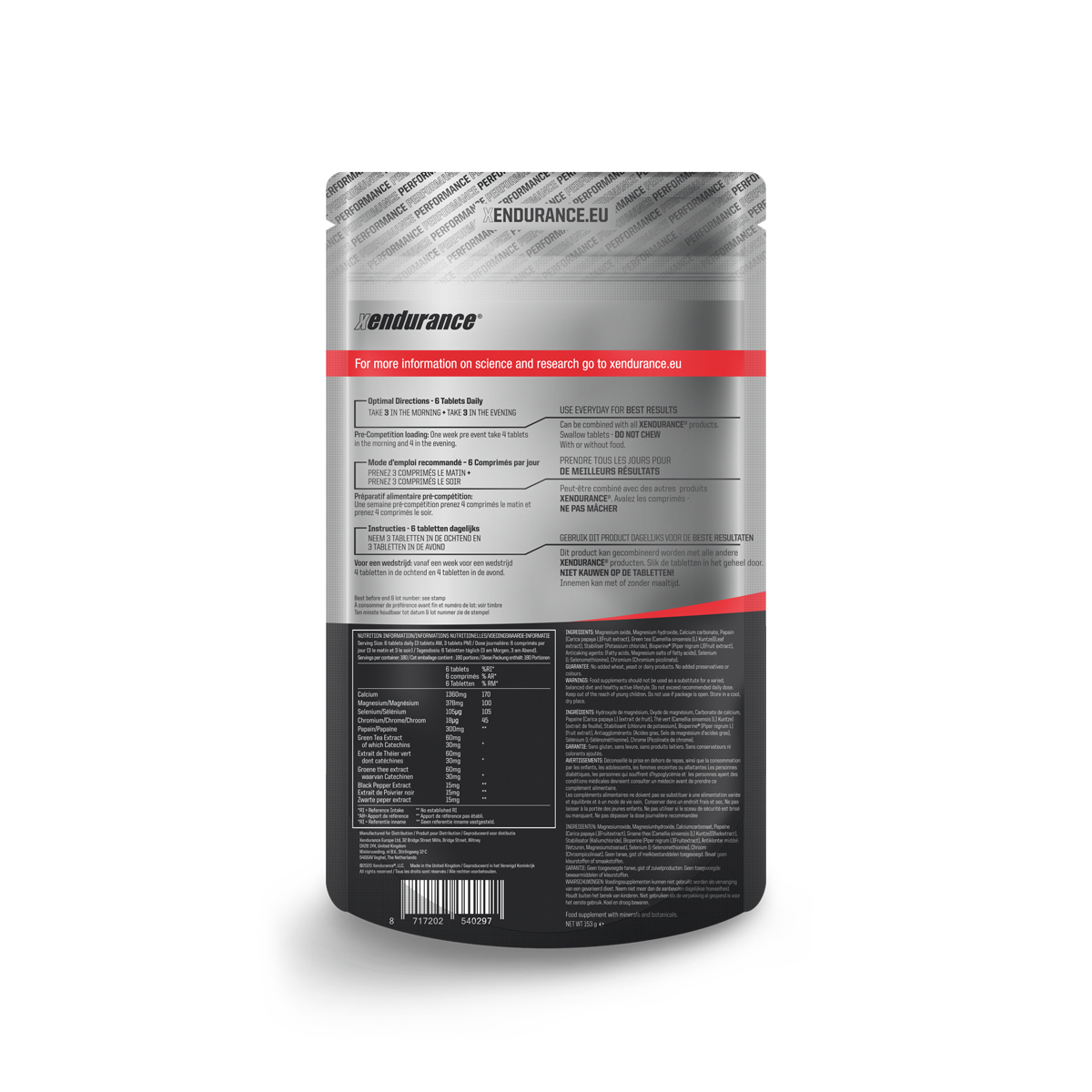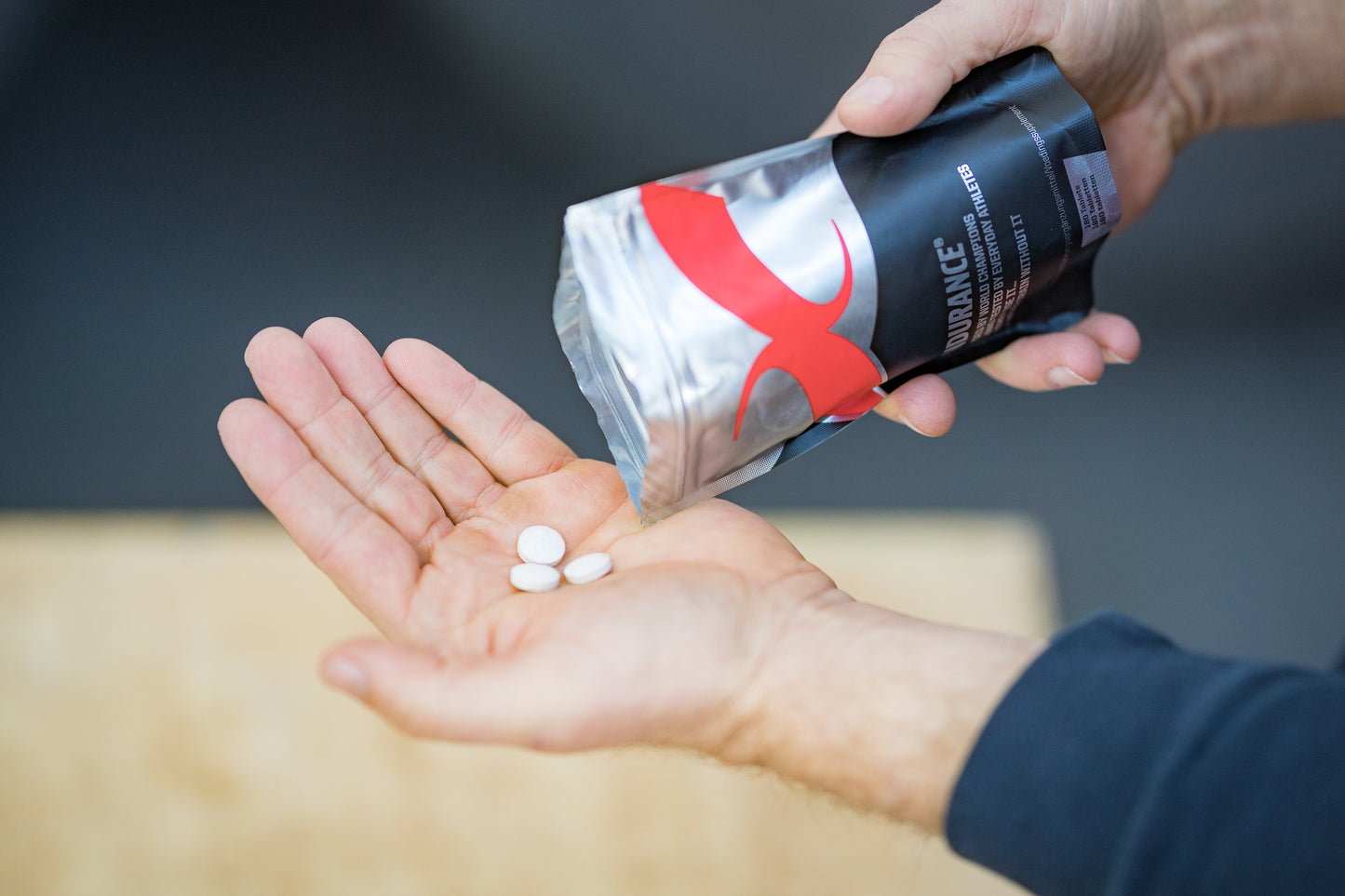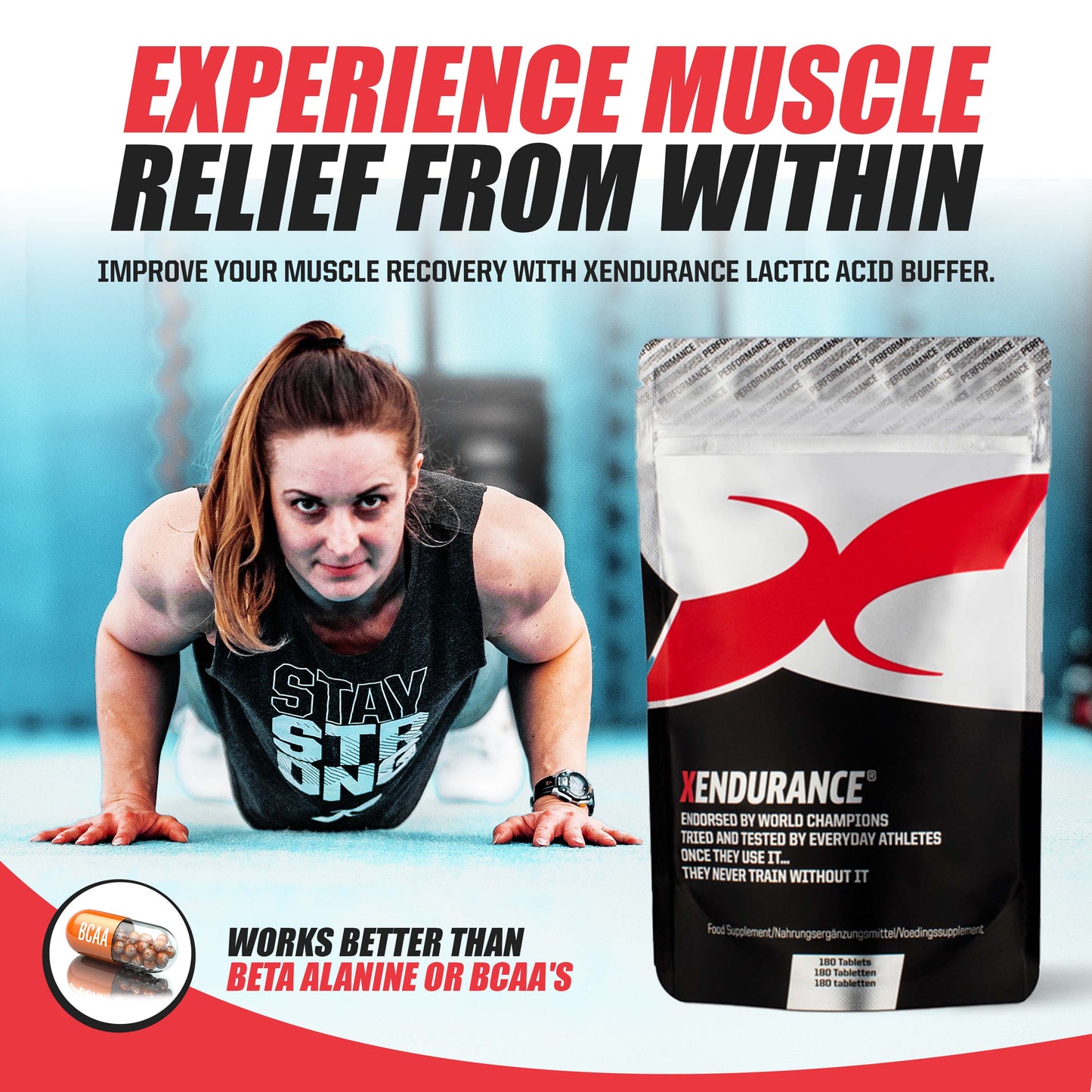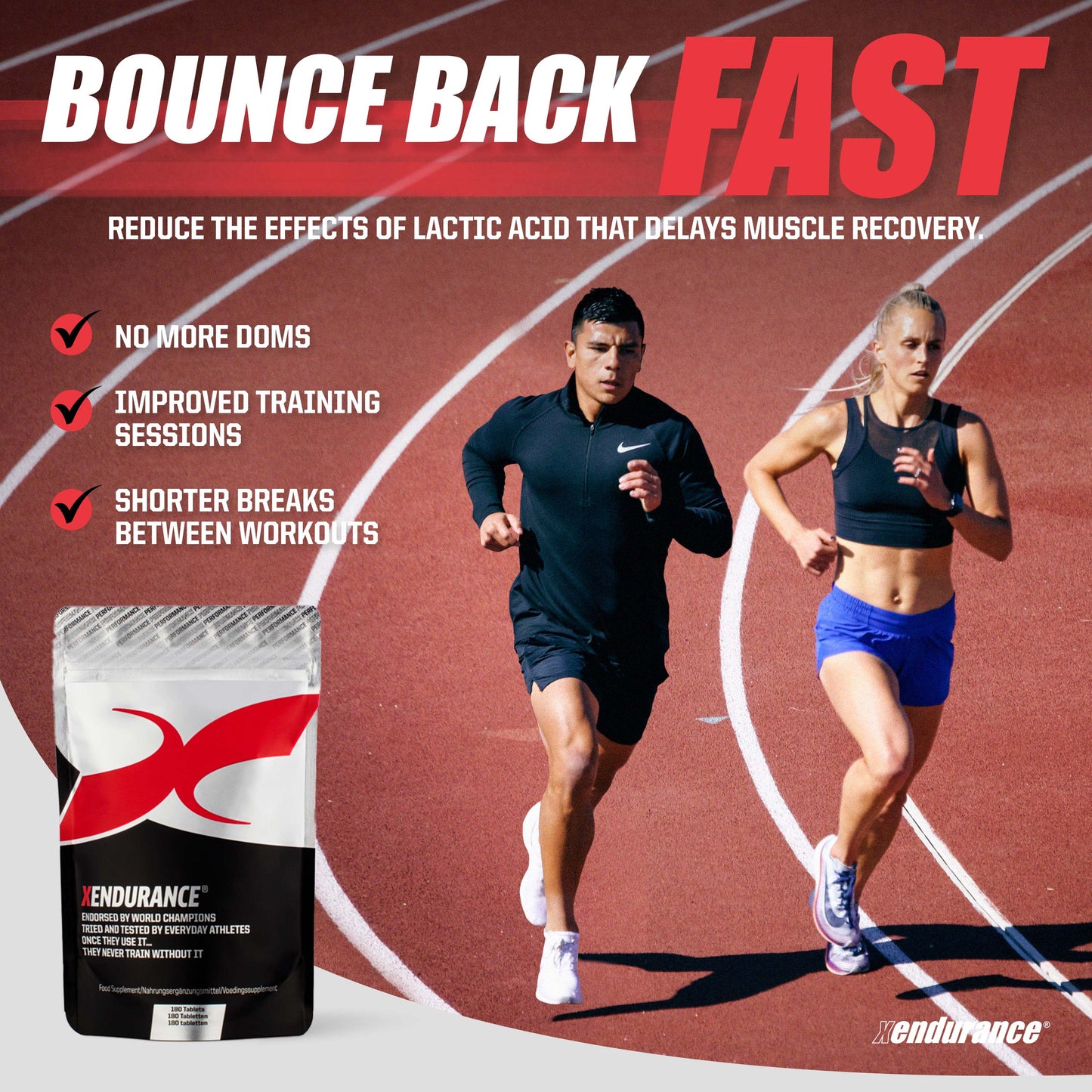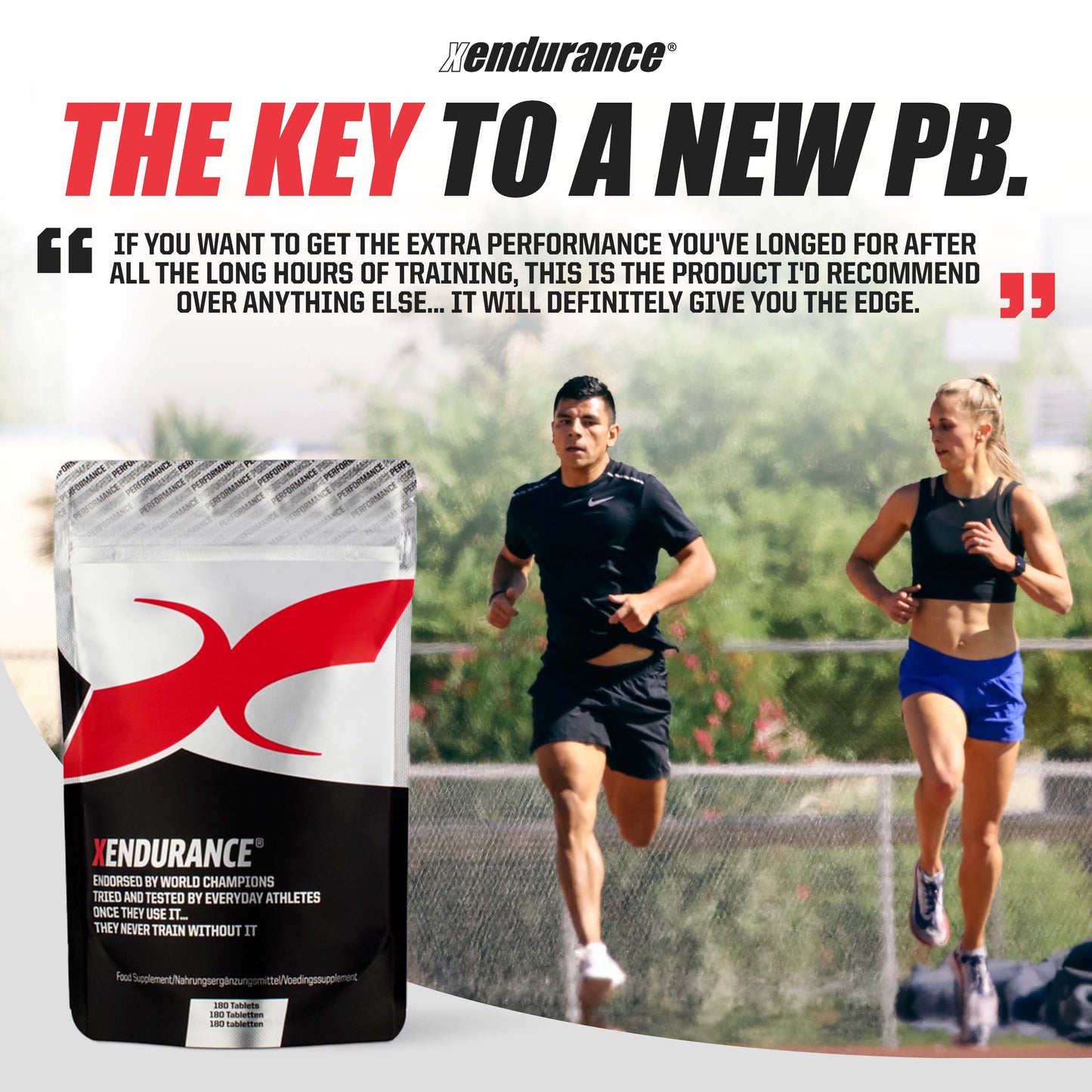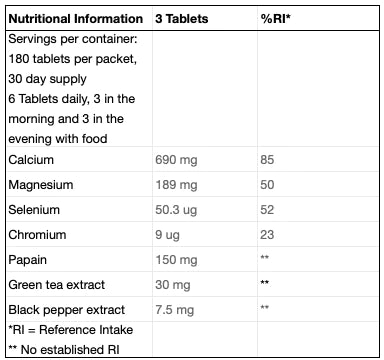Right now, there’s no (legal) magic formula that helps you recover at a super human rate. There are no recovery modalities or supplements that can overcome stupid coaching, bad planning, and no talent. Yet there are a few essentials for recovery that science, coaches and athletes can agree on. Have you heard them before? Yes. But do you actually do them?
Rule #1 - Sleep well
That hour you spend comparing the exact amount of amino acids in different recovery drinks or the Excel spreadsheet of the mmHg rating in every pair of compression socks on the market? It’s not that it’s a bad thing. But devoting at least part of that time to sleep is likely to get you to the finish line faster. Numerous studies on sleep and athletes have found that it’s the best natural performance booster around. In fact, when a group of college swimmers increased their sleep to 10 hours aday, their performance in sprints, reaction time off the block and flip-turn times all improved. There’s no set number of hours you should get—it’s possible the optimal amount of sleep is an individual thing. But you almost certainly need more of it. You can’t train yourself to need less sleep. And you don’t function better; you just get used to feeling worse.
Rule #2 - Eat right
Eating right for recovery not only means replenishing your glycogen stores after a long or hard workout. It also means eating right during the rest of your day. If you go into a workout inappropriately fuelled or hydrated, you’re not going to get the most out of it even if you refuel well afterward.
And in the rest of your meals, if you neglect the nutrients your body needs to stay healthy and manufacture energy—well, it’s no surprise that junk in equals junk out. (Yes, there are pros who eat terribly. But coaches say that there are certain people who perform well in spite of what they eat, not because of what they eat.) You don’t need a whole nutrition dissertation here because you already know that a healthy diet comprises produce, lean protein, the right kind of fat and smart grain choices. Figure out what you’re not getting now and take a minute to figure out a few easy, healthy meals you can rely on. (See sample recovery foods below.)
Rule #3 - Train Smart
Smart training programmes factor in “rest” or recovery periods. That’s when your body makes sense of the stresses that have been put on it and prepares itself for more. If you don’t take these periods because you can’t stand the thought of “rest,” then rename them “powerbuilding” or “regeneration” periods. Just don’t think that you don’t need them. No one ‘wins’ training. You only win (or lose) the competition. You should be willing to back off on one or two battles in order to gather your resources to win the war.
HOW THE RECOVERY “CLASSICS” STACK UP:
- Turkey sandwich: (55g turkey) 286 calories, 42g carbs, 22g protein
- Low-fat chocolate milk: (1 cup) 157 calories, 26g carbs, 8g protein
- Banana (large) and peanut butter (2 T): 309 calories, 38g carbs, 9g protein
Recovery foods you might not have thought of:
- Onigiri (Japanese rice ball in seaweed): 190 calories, 43g carbs, 3g protein
- Strawberries and maple syrup over low-fat yogurt (1 cup): 307 calories, 55g carbs, 14g protein
- Applesauce (1 cup) with walnuts (28g) and cinnamon 285 calories, 31g carbs, 4g protein
- Prawn (55g) in small tortilla with coriander and yogurt (28g): 219 calories, 26g carbs, 17g protein
- Quinoa (1 cup) with raisins (1 oz) and almonds (28g): 413 calories, 66g carbs, 15g protein
